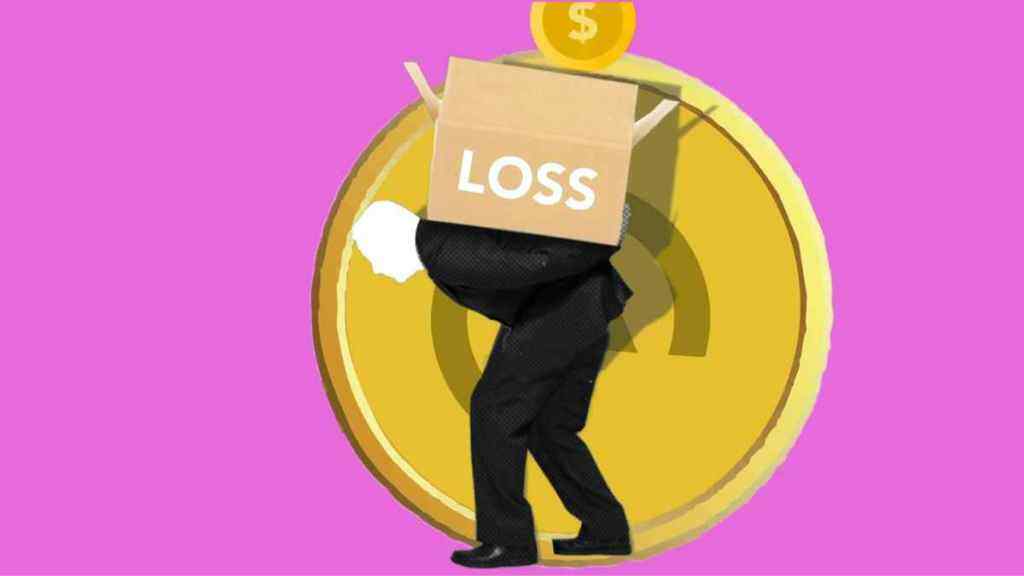Self-Publishing: Balancing the Pros and Cons for Aspiring Authors
Navigating the realm of publishing can be a daunting task, especially for aspiring authors seeking to bypass traditional publishing routes. Self-publishing has emerged as a viable alternative, offering authors control over their creative vision and the potential for financial rewards. However, it is essential to weigh the pros and cons carefully to determine if self-publishing is the right path for you.
Pros of Self-Publishing:
1. Creative Control: Self-publishing grants authors complete autonomy over their work, allowing them to make decisions regarding the book’s content, design, and marketing strategies. This freedom empowers authors to express their unique voice and vision without the constraints often imposed by traditional publishers.
2. Financial Rewards: Authors who self-publish retain a larger share of the profits compared to traditional publishing models. With self-publishing, authors can set their book’s price and keep a higher percentage of each sale, potentially leading to significant financial gains, especially for books that resonate with readers.
3. Speed and Flexibility: Self-publishing offers a faster route to publication, eliminating the lengthy waiting periods associated with traditional publishing. Authors can bypass the submission process and editorial feedback loops, allowing them to bring their book to market more quickly. Additionally, self-publishing provides flexibility in updating and revising the book, enabling authors to respond to reader feedback and market trends.
4. Direct Connection with Readers: Self-publishing facilitates a direct connection between authors and their readers. Authors can engage with their audience through online platforms, social media, and book signings, fostering a sense of community and building a loyal fan base. This direct connection can be invaluable for promoting the book and generating positive word-of-mouth.
Cons of Self-Publishing:
1. Lack of Editorial Support: Traditional publishers typically provide authors with editorial support, including developmental editing, copyediting, and proofreading. Self-published authors may need to hire these services independently, which can add to the overall cost of self-publishing. Additionally, without the guidance of experienced editors, authors may miss opportunities to improve their manuscript’s quality.
2. Marketing and Distribution Challenges: Self-published authors are responsible for marketing and distributing their books, which can be a daunting task for those lacking experience in these areas. They must actively promote their book through various channels, such as online advertising, social media, and book signings, to reach their target audience. Additionally, securing distribution deals with bookstores and online retailers can be challenging for self-published authors.
3. Quality Control: Without the rigorous editorial process of traditional publishing, self-published books may suffer from quality issues, such as errors in grammar, spelling, and formatting. This can impact the book’s credibility and sales potential. Authors must invest time and resources in ensuring their book’s quality before publishing to maintain a professional image.
4. Lack of Prestige: Traditional publishing carries a certain level of prestige and recognition that self-publishing may lack. Some readers, booksellers, and literary critics may perceive self-published books as less credible or professional than traditionally published books. This perception can make it more challenging for self-published authors to gain visibility and establish themselves in the literary world.In the realm of self-publishing, the lack of editorial support can pose a significant challenge. Aspiring authors may need to invest in professional editing services to ensure their manuscript’s quality meets industry standards. This additional expense can add to the overall cost of self-publishing, but it is essential for maintaining a professional image and attracting readers.
Marketing and distribution are also crucial aspects of self-publishing that authors need to navigate. Without the extensive networks and resources of traditional publishers, self-published authors must actively promote their books through various channels, including online advertising, social media, and book signings. Securing distribution deals with bookstores and online retailers can also be challenging, as these entities may prioritize traditionally published books.
Quality control is another area where self-published authors must exercise diligence. Without the rigorous editorial process of traditional publishing, self-published books may contain errors in grammar, spelling, and formatting. This can impact the book’s credibility and sales potential. Authors must invest time and resources in proofreading and editing their manuscripts thoroughly before publishing to ensure a high-quality product.
While self-publishing offers numerous advantages, it is essential to acknowledge the challenges and potential drawbacks. Authors considering this route should carefully weigh the pros and cons, assess their strengths and weaknesses, and determine if self-publishing aligns with their goals and aspirations.
In conclusion, self-publishing has revolutionized the literary landscape, providing aspiring authors with an alternative path to share their stories with the world. While it offers creative freedom, financial rewards, speed, and a direct connection with readers, it also comes with its share of challenges, including the lack of editorial support, marketing and distribution hurdles, quality control concerns, and the potential lack of prestige associated with traditional publishing.
Ultimately, the decision to self-publish is a personal one that requires careful consideration and planning. Aspiring authors should thoroughly research the process, understand the challenges, and develop a comprehensive strategy to maximize their chances of success. By embracing the opportunities and addressing the challenges, self-published authors can pave their way to a fulfilling and rewarding career in the literary world.







